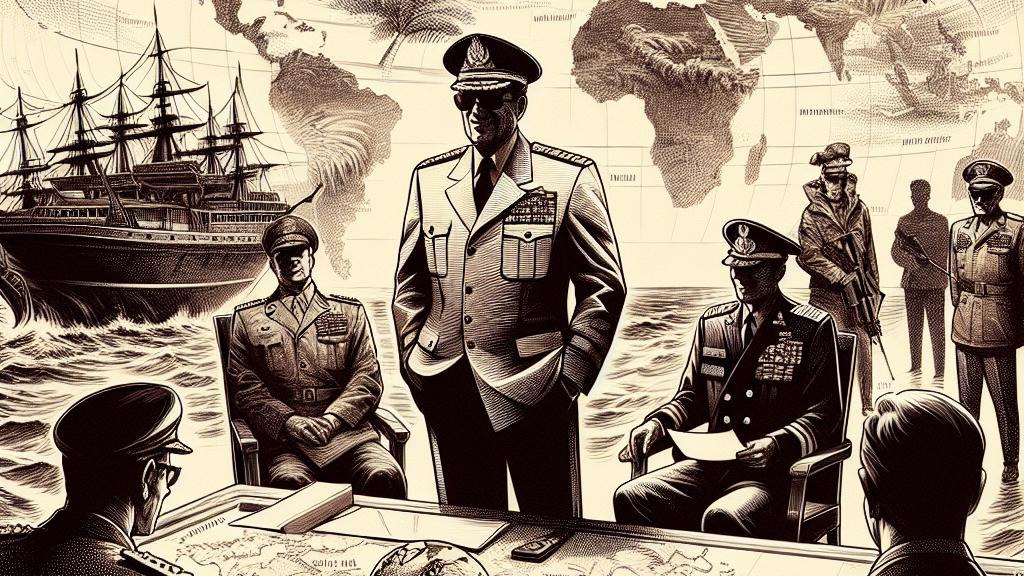Taiwan President's US Visit Sparks Tensions with China
Overview
- Taiwan’s President Lai Ching-te is poised to visit the US, raising alarms in Beijing.
- China fiercely warns against US support for Taiwanese independence as tensions soar.
- The Taiwan Relations Act remains a critical linchpin in the complex web of US-Taiwan relations.

A Tense Prelude to the Visit
As Taiwan's President Lai Ching-te prepares for his scheduled stops in Hawaii and Guam, the mood is not just exciting but fraught with tension. This isn't merely another diplomatic gesture; it's a potentially groundbreaking moment that could shift the balance in the ongoing rivalry between Taiwan and China. Responding to the planned visit, Chinese officials have expressed fury, warning that they will not stand idly by while Taiwan pursues its independence aspirations. The Chinese Defense Ministry's spokesperson made it abundantly clear, stating that any perceived support for Taiwanese independence by the US would be met with resolute opposition. In a region already fraught with military drills and saber-rattling, this upcoming visit serves as a flashpoint for long-simmering tensions.
Historical Foundations of US-Taiwan Relations
To appreciate the stakes involved, we must delve into the historical origins of US-Taiwan relations, anchored significantly by the Taiwan Relations Act (TRA). Instituted in 1979, the TRA is not merely a piece of legislation; it is a testament to America's enduring commitment to Taiwan's democracy and security. This legislation emerged after the US shifted diplomatic recognition from Taiwan to the People's Republic of China, creating a precarious situation for the island. Crucially, the TRA mandates that the US provide Taiwan with defense capabilities, ensuring that it can maintain its autonomy. Lai's impending trip underscores the persistence of this act, reinforcing the notion that Taiwan must not be discarded as merely a pawn in great-power politics but recognized as a critical ally deserving robust support.
The Stakes for Regional Stability
As Lai's visit approaches, it comes hand-in-hand with a series of provocative military exercises conducted by China, which many view as rehearsals for potential aggression against Taiwan. Such maneuvers not only heighten tensions but also risk miscalculations that could spiral into broader conflict. Experts emphasize the need for active diplomacy to forge a stable equilibrium. For instance, during past military drills, the Taiwanese forces have implemented their own strategic responses, showcasing their resolve. The US's steadfast adherence to the TRA highlights its insistence on supporting Taiwan's self-governance. Indeed, if conflict were to erupt, the effects would reverberate internationally, entwining allies such as Japan and Australia in an affair far beyond regional skirmishes. In this context, every diplomatic engagement and military posture becomes a critical piece on the chessboard of global security.

Loading...